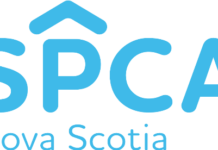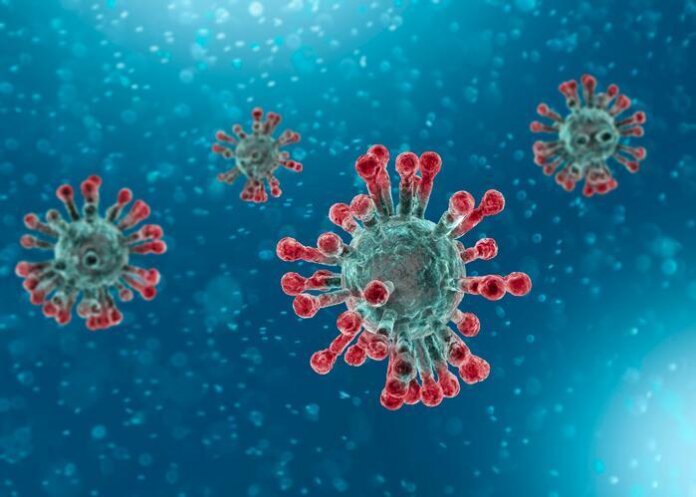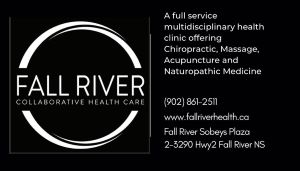HALIFAX: The province announced three new cases of COVID19 were identified on Oct. 23, bringing its total active cases to six.
The three new cases are all related to travel outside Atlantic Canada. Two cases are in the Central Zone and the individuals have been self-isolating, as required. One case was diagnosed and recovered in another province but is a Nova Scotia resident in the Eastern Zone.
Nova Scotia Health Authority’s labs completed 955 Nova Scotia tests on Oct. 23.
To date, Nova Scotia has 108,287 negative test results, 1,100 positive COVID-19 cases and 65 deaths. No one is currently in hospital. Cases range in age from under 10 to over 90. One thousand and twenty-nine cases are now resolved. Cases have been identified in all parts of the province. Cumulative cases by zone may change as data is updated in Panorama.
Visit https://covid-self-assessment.novascotia.ca/ to do a self-assessment if in the past 48 hours you have had or you are currently experiencing:
— fever (i.e. chills/sweats) or cough (new or worsening)
Or:
Two or more of the following symptoms (new or worsening):
— sore throat
— runny nose/ nasal congestion
— headache
— shortness of breath
Call 811 if you cannot access the online self-assessment or wish to speak with a nurse about your symptoms.
When a new case of COVID-19 is confirmed, public health works to identify and test people who may have come in close contact with that person. Those individuals who have been confirmed are being directed to self-isolate at home, away from the public, for 14 days.
Anyone who has travelled outside of Atlantic Canada must self-isolate for 14 days. As always, any Nova Scotian who develops symptoms of acute respiratory illness should limit their contact with others until they feel better.
It remains important for Nova Scotians to strictly adhere to the public health order and directives – practise good hand washing and other hygiene steps, maintain a physical distance when and where required. Wearing a non-medical mask is mandatory in most indoor public places.
As of July 3, interprovincial travel within Nova Scotia, New Brunswick, Prince Edward Island and Newfoundland and Labrador, without the requirement to self-isolate for permanent Atlantic Canadian residents, is permitted. All public health directives of each province must be followed. Under Nova Scotia’s Health Protection Act order, visitors from other Canadian provinces and territories must self-isolate for 14 days. Other visitors from outside the Atlantic provinces who have self-isolated for 14 days in another Atlantic province may travel to Nova Scotia without self-isolating again.
On Oct. 22, New Brunswick announced further restrictions related to a COVID-19 outbreak in the Campbellton-Restigouche region of northern New Brunswick. Nova Scotians should avoid unnecessary travel to that area.
Nova Scotians can find accurate, up-to-date information, handwashing posters and fact sheets at https://novascotia.ca/coronavirus .
Businesses and other organizations can find information to help them safely reopen at https://novascotia.ca/reopening-nova-scotia .
Quick Facts:
— testing numbers are updated daily at https://novascotia.ca/coronavirus
— a state of emergency was declared under the Emergency Management Act on March 22 and extended to Nov. 1
Additional Resources:
Government of Canada: https://canada.ca/coronavirus
Government of Canada information line 1-833-784-4397 (toll-free)
The Mental Health Provincial Crisis Line is available 24/7 to anyone experiencing a mental health or addictions crisis, or someone concerned about them, by calling 1-888-429-8167 (toll-free)
Kids Help Phone is available 24/7 by calling 1-800-668-6868 (toll-free)
For help or information about domestic violence 24/7, call 1-855-225-0220 (toll-free) Error, group does not exist! Check your syntax! (ID: 9)






































